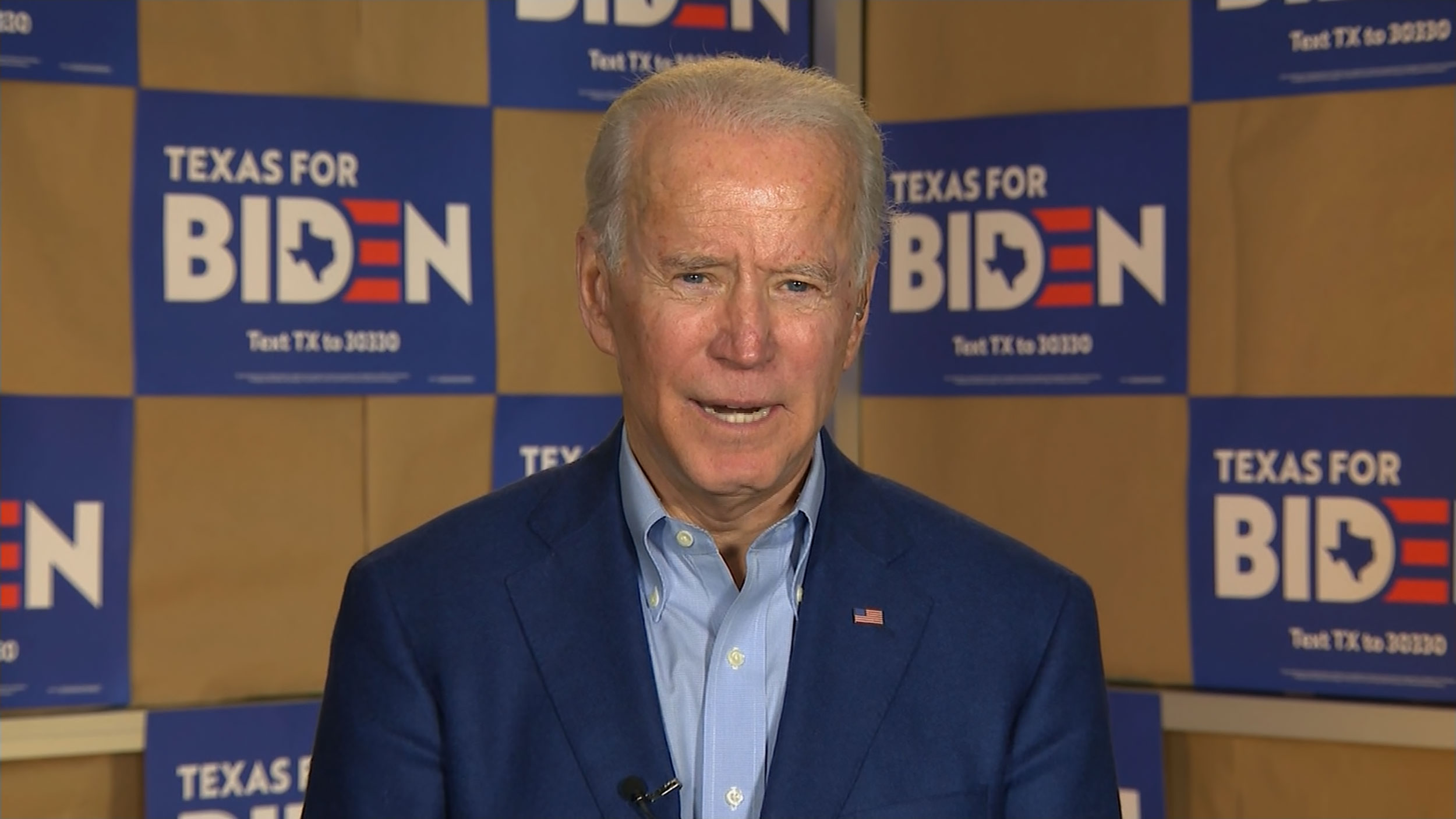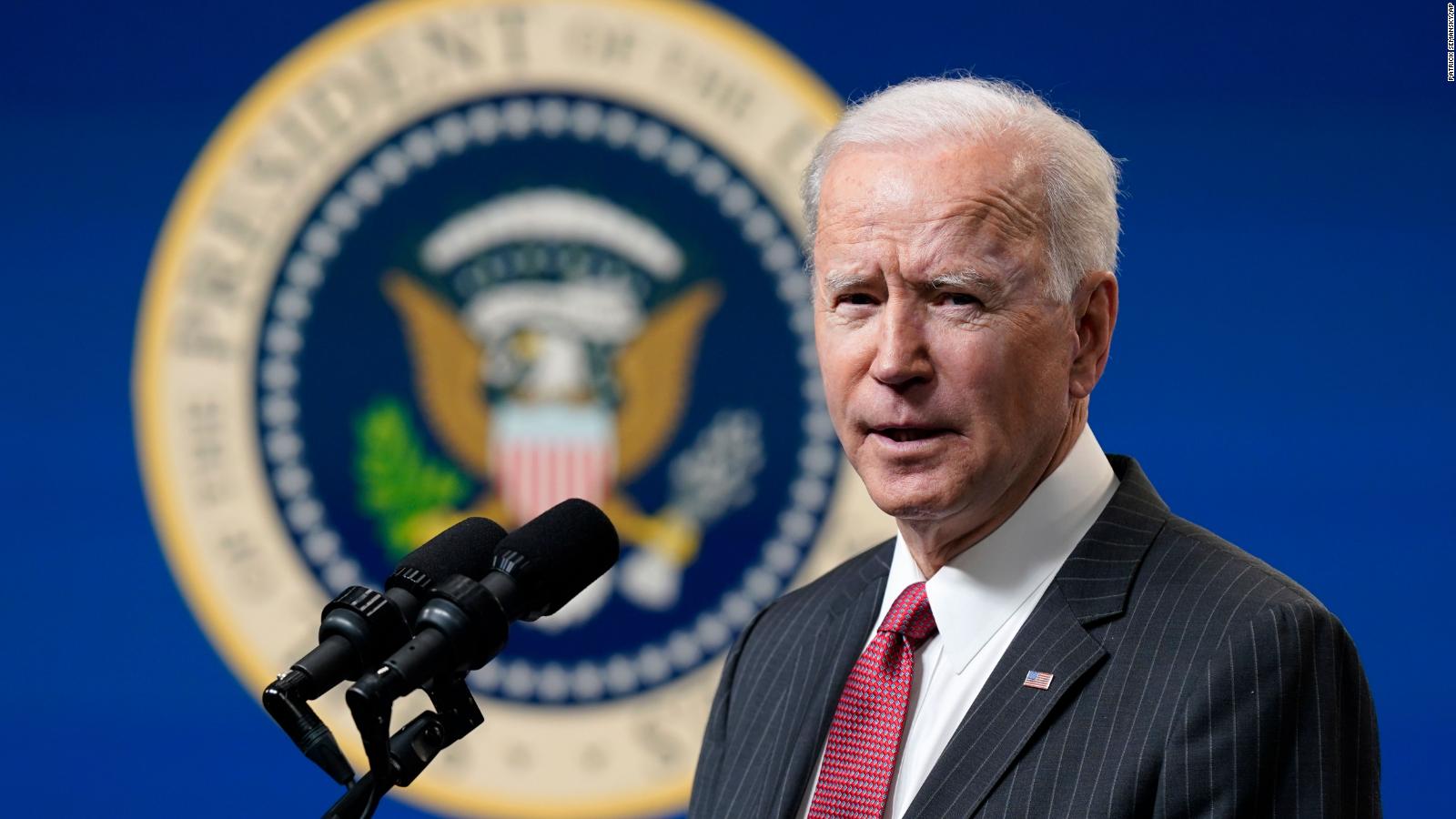Biden’s Policy Agenda: Biden Interview

Biden interview – Biden’s policy agenda is ambitious and wide-ranging, covering a broad spectrum of domestic and foreign policy issues. His key initiatives include:
- Investing in infrastructure, clean energy, and manufacturing.
- Expanding access to affordable healthcare.
- Addressing climate change.
- Strengthening the social safety net.
- Rebuilding America’s alliances and restoring its global leadership.
li>Promoting racial justice and equity.
Biden’s agenda is more ambitious than that of any recent president, and it faces significant challenges. The COVID-19 pandemic has devastated the economy and created a massive budget deficit. The country is also deeply divided politically, and there is little appetite for compromise on either side of the aisle.
Biden’s interview with George Stephanopoulos has sparked a national conversation about the state of the country. Stephanopoulos’s incisive questioning challenged Biden on a range of issues, from the economy to foreign policy. Biden’s responses revealed a nuanced understanding of the challenges facing the nation, and his commitment to addressing them.
Despite these challenges, Biden has made some progress on his agenda. He has signed into law a $1.9 trillion COVID-19 relief package, and he has taken steps to address climate change, racial justice, and gun violence.
Biden’s recent interview shed light on his stance on international affairs. He emphasized the importance of NATO’s unity and resilience, particularly in the context of the upcoming NATO summit 2024. Biden’s comments underscore the significance of maintaining a strong and cohesive alliance in the face of global challenges.
Biden’s agenda is a departure from the policies of the Trump administration. Trump pursued a nationalist agenda that emphasized tax cuts, deregulation, and a hard line on immigration. Biden, on the other hand, is a centrist who has promised to restore normalcy and bipartisanship to Washington.
Biden’s agenda is also more ambitious than that of the Obama administration. Obama focused on healthcare reform, climate change, and the economy. Biden has a broader agenda that includes issues such as racial justice, gun violence, and immigration.
Biden’s Foreign Policy

Biden’s foreign policy is characterized by a return to multilateralism and a focus on restoring America’s global leadership. He has pledged to rebuild alliances, strengthen international institutions, and promote democracy and human rights.
Challenges to the Global Order
Biden faces a number of global challenges, including the rise of China, the ongoing conflict in the Middle East, and the threat of climate change. He has pledged to work with allies to address these challenges and to restore America’s standing in the world.
China
Biden has identified China as America’s “most serious competitor.” He has pledged to compete with China economically and militarily, while also working with China on issues of mutual interest, such as climate change and nuclear proliferation.
Middle East
Biden has pledged to end the war in Afghanistan and to reduce America’s military presence in the Middle East. He has also pledged to work with allies to address the humanitarian crisis in Yemen and to prevent Iran from acquiring nuclear weapons.
Climate Change
Biden has pledged to make climate change a top priority of his foreign policy. He has rejoined the Paris Agreement and has pledged to work with other countries to reduce greenhouse gas emissions.
Implications of Biden’s Foreign Policy
Biden’s foreign policy has a number of implications for international relations. His focus on multilateralism and restoring America’s global leadership is likely to be welcomed by allies. However, his tough stance on China and his pledge to reduce America’s military presence in the Middle East could lead to tensions with those countries.
Comparison to Predecessors
Biden’s foreign policy is more multilateral and less interventionist than that of his predecessor, Donald Trump. Trump withdrew the United States from a number of international agreements and pursued a “America First” foreign policy. Biden, on the other hand, has pledged to restore America’s global leadership and to work with allies to address global challenges.
Potential Impact, Biden interview
Biden’s foreign policy has the potential to reshape international relations. His focus on multilateralism and restoring America’s global leadership could lead to a more cooperative and stable world order. However, his tough stance on China and his pledge to reduce America’s military presence in the Middle East could lead to tensions with those countries.
Biden’s Leadership Style

Joe Biden’s leadership style is characterized by his ability to build consensus and forge relationships across the political aisle. He is known for his empathy, his willingness to listen to different perspectives, and his ability to find common ground. Biden’s leadership style is often contrasted with that of his predecessor, Donald Trump, who was known for his more confrontational and divisive approach.
Strengths of Biden’s Leadership Approach
- Ability to build consensus
- Willingness to listen to different perspectives
- Ability to find common ground
- Empathy
Weaknesses of Biden’s Leadership Approach
- Can be seen as too cautious
- Can be slow to make decisions
- Can be too willing to compromise
Impact of Biden’s Leadership Style on the Political Climate and Public Perception
Biden’s leadership style has had a positive impact on the political climate and public perception. He is seen as a more unifying figure than his predecessor, and his ability to build consensus has helped to reduce polarization in Washington. Biden’s leadership style has also been praised by many Americans, who appreciate his empathy and his willingness to listen to their concerns.